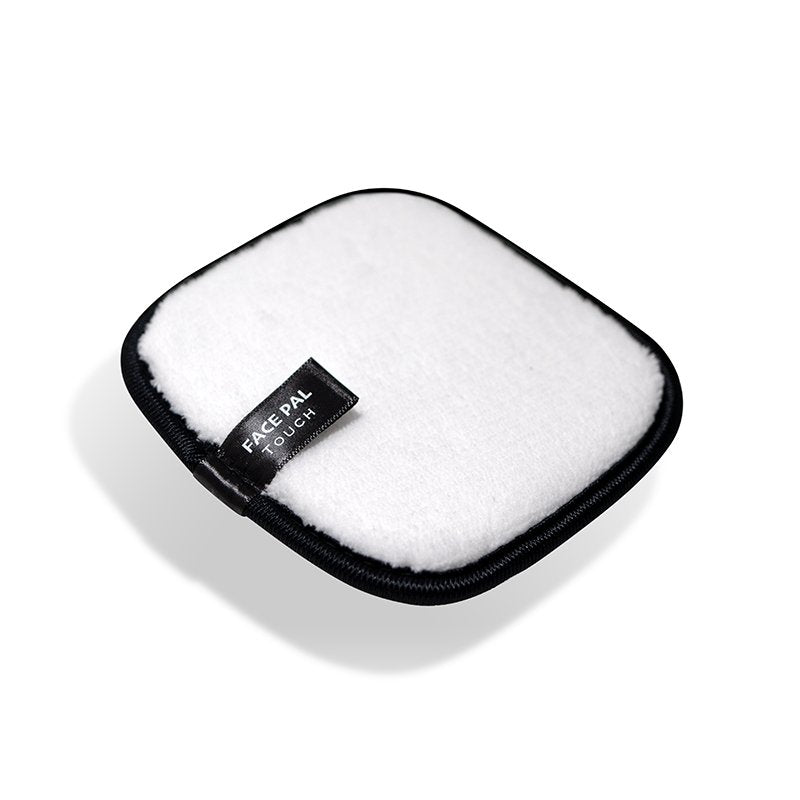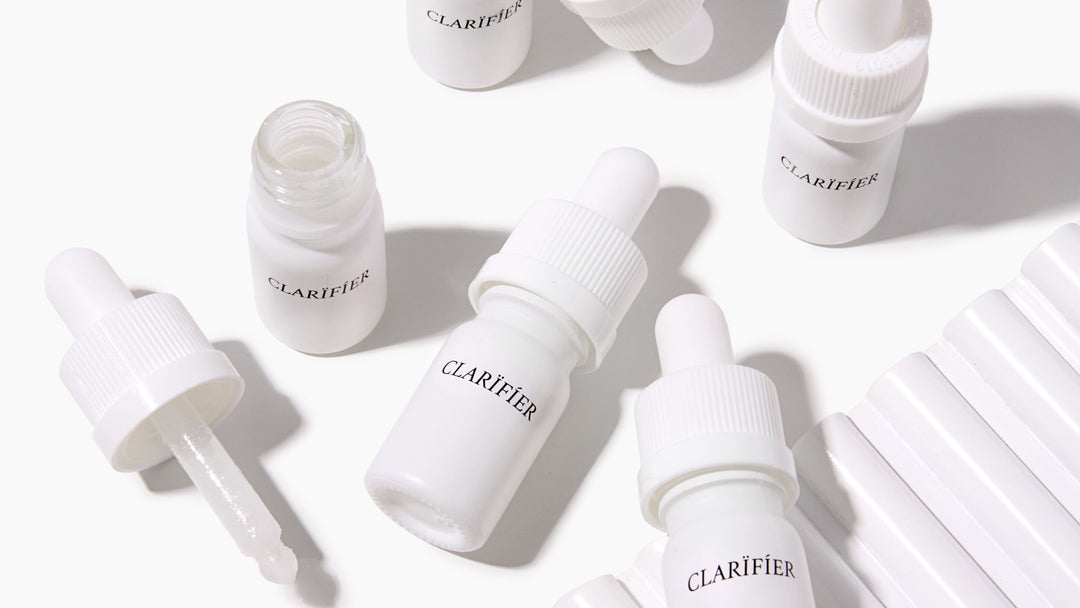Depression is a complex and multifaceted mental health condition that affects millions of people worldwide. While it is primarily addressed through medical and psychological approaches, philosophical perspectives can also shed light on the nature of depression and offer insights into its management. Additionally, maintaining a healthy diet, engaging in specific exercises, and practicing self-care, including skincare, can be complementary strategies to alleviate symptoms of depression. This essay aims to explore what philosophers say about depression, discuss foods that may help reduce depression, highlight exercises that can aid in managing depressive symptoms, and explain how personal care, particularly skincare at home, can contribute to the overall well-being of individuals experiencing depression.
Philosophical Perspectives on Depression:
Philosophers have approached the concept of depression from various angles, providing valuable insights into its nature and potential remedies. For instance, existentialist philosophers emphasize the significance of finding meaning and purpose in life. They argue that individuals experiencing depression may benefit from examining their values, engaging in self-reflection, and cultivating personal fulfillment. Existentialist thinkers, such as Viktor Frankl, assert that discovering meaning can contribute to a sense of hope and improve one's mental well-being.
On the other hand, stoic philosophers emphasize the importance of cultivating resilience and accepting the circumstances beyond one's control. Stoicism encourages individuals to focus on their inner strength and practice mental discipline, acknowledging that while they cannot always control external events, they can control their responses to them. This perspective can empower individuals to develop coping mechanisms and manage their emotions more effectively when facing depressive episodes.
Food Choices to Reduce Depression:
While food alone cannot cure depression, certain dietary choices may have a positive impact on mental health. Numerous studies suggest that a balanced diet rich in nutrient-dense foods can support brain function and emotional well-being. Foods containing omega-3 fatty acids, such as fatty fish (salmon, mackerel) or flaxseeds, have been associated with potential mood-enhancing effects. Similarly, consuming whole grains, fruits, and vegetables, which provide essential vitamins, minerals, and antioxidants, can support overall brain health and potentially alleviate symptoms of depression. However, it is important to note that individual nutritional needs may vary, and consulting with a healthcare professional or nutritionist is recommended for personalized dietary advice.
Exercise and Depression:
Regular physical activity has been shown to have a positive impact on mental health, including depression. Engaging in exercises, such as aerobic activities (running, swimming, cycling), strength training, or mind-body exercises (yoga, tai chi), can contribute to the reduction of depressive symptoms. Exercise stimulates the release of endorphins, which are natural mood-lifters, and promotes the growth of brain cells. Moreover, physical activity provides a sense of accomplishment, enhances self-esteem, and offers opportunities for social interaction, all of which can positively influence one's mental state.
Personal Care, Skincare, and Depression:
Engaging in personal care activities, including skincare routines, can play a role in managing depression. Self-care practices can help individuals establish a sense of routine, promote relaxation, and enhance self-esteem. Skincare, in particular, offers a sensory experience that can be soothing and provide moments of self-indulgence and self-nurturing. The act of caring for one's skin at home can serve as a form of self-expression, self-care, and self-compassion, allowing individuals to focus on themselves and practice mindfulness. Moreover, taking care of one's appearance can contribute to an improved sense of self-worth and confidence, positively impacting overall mood and well-being.
While philosophers offer various perspectives on depression, such as finding meaning and purpose in life or cultivating resilience, it is crucial to recognize that professional medical and psychological interventions are essential for addressing depression effectively. However, complementary approaches such as incorporating a healthy diet, engaging in regular exercise, and practicing personal care, including skincare, can contribute to the overall well-being of individuals experiencing depression. Nutritionally, consuming a balanced diet that includes omega-3 fatty acids, whole grains, fruits, and vegetables can support brain health and potentially alleviate depressive symptoms. Engaging in regular exercise, whether it's aerobic activities, strength training, or mind-body exercises, can stimulate the release of endorphins and provide a sense of accomplishment and well-being. Additionally, personal care practices, including skincare routines, can promote relaxation, self-expression, and self-nurturing, ultimately contributing to improved self-esteem and mood.
It is important to remember that depression is a complex condition, and no single approach will work universally for everyone. It is advisable to consult with healthcare professionals, including mental health specialists, nutritionists, and dermatologists, to develop personalized strategies that best suit individual needs. By combining various approaches, including philosophical insights, nutrition, exercise, and personal care, individuals can foster a holistic approach to managing depression and promoting overall well-being.














